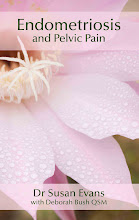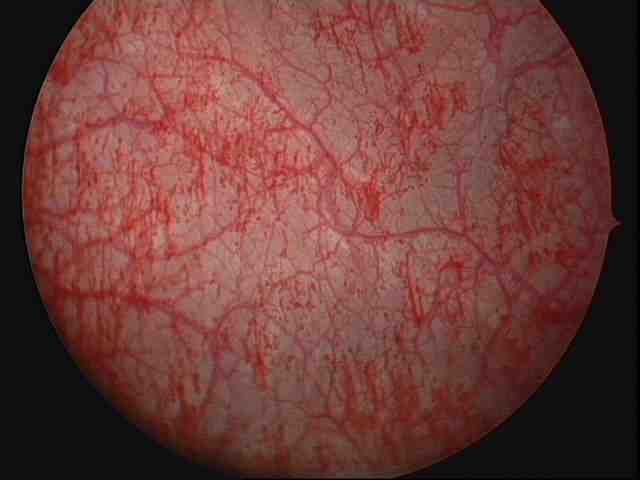It's really sad that some teenagers are told that they are 'too young to have endometriosis'. They don't get the help they need and suffer a lot of period pain.
Doctors used to think that endometriosis was an uncommon problem of women in their 30s and 40s. We now know that's not true. Endometriosis in teenagers is common, but it can be difficult to see at a laparoscopy and almost never shows on an ultrasound.
Some period pain with periods on the first day of a period can be normal, but if you have any of the following problems, you could have endometriosis:
* Period pain that lasts more than 1-2 days each month
* Period pain that doesn't get better on the contraceptive pill
* Period pain that doesn't get much better on period pain medications like diclofenac, ibuprofen, mefenamic acid or naproxen.
If you have bad periods, the teen website at endometriosis new zealand has teenagers just like you. Check out www.me.school.nz
Best wishes,
Dr Susan Evans
Help with your pain
Endometriosis is much more than just brown/black spots in the pelvis that can be seen at a laparoscopy. There are many different problems that women with endometriosis suffer.
Some women will have painful periods, but be otherwise completely well. Others have a more complicated picture that can include:
- an irritable bowel (IBS)
- sharp, stabbing or burning pains
- an irritable bladder
- painful intercourse
- bad headaches or migraines
- fatigue and exhaustion
- pain moving around or sitting for a long time
- trouble sleeping
Not surprisingly, women with these problems feel worn down and miserable.
Because these problems cover several different areas of medicine, women often feel lost 'between the cracks' of healthcare. Each health practitioner they see cares for a small part of the whole picture, with variable success.
Surgery is helpful for some aspects of the pain, but can leave many women disappointed.
I hope that you will find this blog useful for your pain. Each week there will be a new topic covered, and your comments are welcome.
Some women will have painful periods, but be otherwise completely well. Others have a more complicated picture that can include:
- an irritable bowel (IBS)
- sharp, stabbing or burning pains
- an irritable bladder
- painful intercourse
- bad headaches or migraines
- fatigue and exhaustion
- pain moving around or sitting for a long time
- trouble sleeping
Not surprisingly, women with these problems feel worn down and miserable.
Because these problems cover several different areas of medicine, women often feel lost 'between the cracks' of healthcare. Each health practitioner they see cares for a small part of the whole picture, with variable success.
Surgery is helpful for some aspects of the pain, but can leave many women disappointed.
I hope that you will find this blog useful for your pain. Each week there will be a new topic covered, and your comments are welcome.
REMEMBER OUR FACEBOOK SITE 'PELVIC PAIN NEWS' FOR ALL THE LATEST IN PELVIC PAIN INFORMATION
With best wishes,
Dr Susan Evans, Gynecologist and Laparoscopic surgeon
Friday, October 16, 2009
Tuesday, October 6, 2009
Bladder Troubles
Many women with endometriosis also have bladder troubles. These can start even after all the endometriosis has been removed. The sort of troubles they have include:
1. Frequency (going to the toilet a lot)
2. Urgency (needing to rush to the toilet)
3. Nocturia (getting up at night to go to the toilet)
It's also common to have pain with intercourse because the bladder is painful and pressing on it during intercourse causes pain.
Some women have times when their bladder is especially bad and they think they have a urine infection. If the urine is collected, often there is no infection found. Just a bit of blood in the urine.
This problem if often due to a condition called Interstitial Cystitis. If you have this problem, there is lots that can be done. We would love to hear your story.
Subscribe to:
Comments (Atom)



